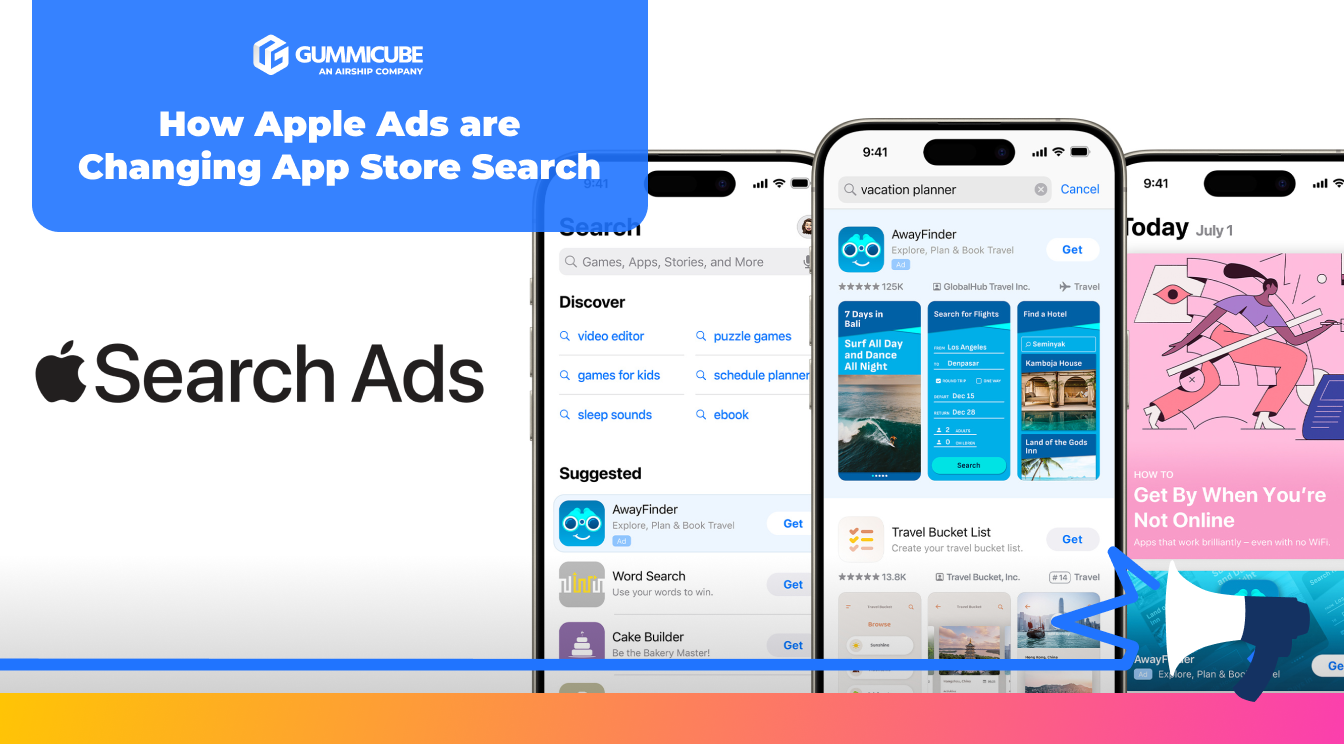
Netflix is Changing Strategies to Elevate User Engagement
Posted on February 5th, 2026
Netflix’s mobile revamp is a strategic acknowledgment that user behavior has shifted toward social-first, vertically consumed, algorithmically surfaced content.

Robinhood, the app stores’ most popular investment app, has come under fire again this week, and not just for its reported activity. The Hill, The Verge and Mobile Marketing Reads (among other sources) have reported that both the Apple App Store and Google Play Store had removed thousands of negative reviews from Robinhood’s storefronts.
Over the last week, users have been up in arms, both online and on mobile, working to catch in on the GameStop squeeze. Hundreds and thousands of users flocked to easy-to-use mobile apps, hoping to buy in on the incredible amount of hype circulating on Reddit, Discord and Twitter.
This drove Robinhood’s category rankings on iOS and Google Play almost off the charts. Over the course of three days, Robinhood was no longer just the #1 most downloaded app in the Finance category, but the most downloaded free app in the entire app store. Category ranking on iOS and Google Play are only driven by the volume and velocity of downloads, indicating that Robinhood has had huge movement in a very short period.
However, Robinhood’s sudden popularity and newfound visibility on the App Store was meant to be short-lived, only to be saved from a potential fall by Apple and Google.
After Robinhood began to limit, and ultimately stop, the trading of $GME $AMC shares, users became angry. Discussions on Reddit and Discord began calling for users to leave 1-star reviews on both iOS and Google Play storefronts. These groups all had an understanding of the type of action that either app store would take; If the average star rating is too low, Apple and Google will see this as a red flag and start “punishing the app” by limiting overall visibility in the stores.
The latest finding, however, is that amidst the historic boom in negative reviews that Robinhood was experiencing, Apple and Google took action to remove the sudden wave of reviews.
The Verge reports that over 100,000 negative reviews were removed from Robinhood’s Google Play page in the span of over a few hours, which Google has confirmed earlier today.
This may lead some people to believe that Google (or even Apple) may be favoring apps in the app store, but Google has cited:
Your reviews should reflect the experience you've had with the content or service you're reviewing.
Apple has similar guidelines, though written for developers rather than users, stating:
Though the lines are blurry between seeing a flood of users rating and reviewing as “fake” or users genuinely displeased with Robinhood’s service, Robinhood still prevails. Robinhood’s current average star rating now sits at above 4 stars on both stores.
Reviews and ratings on mobile storefronts can have a huge impact on an app, especially one with so much traffic.
If Apple and Google kept the negative reviews and ratings for Robinhood on the store, they could have experienced the following:
1. Decline in Keyword Rankings
What helps you sustain and maintain keyword rankings is your overall click-through rate from the first impression. Users will assess an app icon, title, subtitle, screenshots and average rating in order to make a decision. If less users are interested in your app for the keywords you rank for, the less likely you’ll be able to retain your keyword position.
2. Decline in Conversion Rates
We’ve seen average conversion rates begin to decline between 0.25% to 0.75% for every 0.1 point decline in rating score. Robinhood may be running large scale advertising campaigns that drive users from a multitude of different sources, not just organically. If those new users are greeted with a lower star rating, they would be less likely to convert.
There’s still a lot in the air with the future of Robinhood, with a class action lawsuit and a huge volume of negative press surrounding it, but for now, Robinhood will continue to thrive in the App Stores.
Want to learn more about App Store Optimization? Contact Gummicube and we’ll help get your strategy started.

Netflix’s mobile revamp is a strategic acknowledgment that user behavior has shifted toward social-first, vertically consumed, algorithmically surfaced content.

Apple’s upcoming Siri update, powered by Google’s Gemini AI model, represents a meaningful inflection point for the App Store ecosystem and ASO strategies.

Apple Ads are changing App Store search by expanding ad placements while simultaneously reinforcing relevance as the core driver of visibility. Read more!